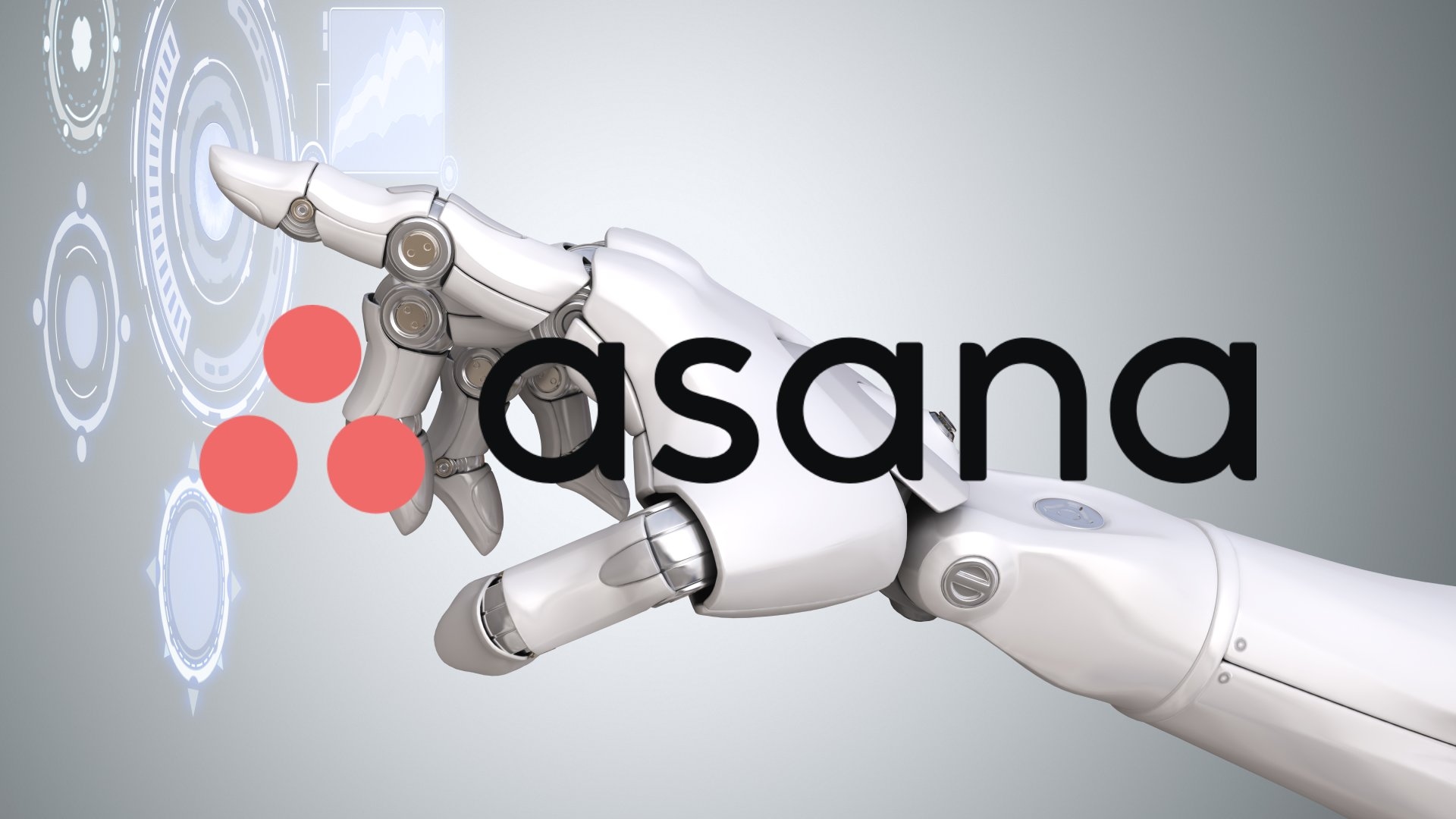Survey Reveals Workers’ Concerns Over AI Accountability and Governance

As small businesses increasingly explore the potential of AI agents to streamline operations, a recent survey by Asana highlights both the promise and pitfalls associated with their adoption. Conducted among 2,025 knowledge workers across the UK and the US, the findings present a multifaceted view on how these technologies could shape the future of work, particularly for entrepreneurial ventures.
Key Takeaways:
- Growing Adoption: Despite concerns about accountability and governance, 77% of surveyed workers are already utilizing AI agents—tools designed to handle repetitive tasks or process information with minimal human intervention.
- Workload Delegation: Employees anticipate delegating as much as 34% of their tasks to AI within the next year, expecting this figure to rise to 43% in three years.
- Uncertainty in Accountability: A striking 33% of respondents are uncertain about who is liable when AI outputs go awry, raising critical concerns about accountability in smaller organizations that might lack structured governance frameworks.
Mark Hoffman, Work Innovation Lead at Asana, reflects on the survey’s implications: “Knowledge workers are worried about ownership. Ultimately, when an AI agent produces work… do I still own that work?”
However, as enthusiasm for AI grows, so do worries about reliability. Almost two-thirds of employees perceive AI agents as unreliable, often believing they can generate errors or misunderstand their instructions. For small businesses, these insights suggest a careful evaluation of how to incorporate AI tools effectively.
The survey also uncovered that nearly half of the respondents felt AI agents could increase workloads instead of alleviating them. More than 52% indicated a desire for clearer guidelines on the division of responsibilities between human workers and AI, along with a structured training program for using these agents effectively.
While some business owners may envision AI as a universal solution, the research indicates that the most effective implementations occur when AI agents address specific operational bottlenecks rather than merely replacing personnel or enhancing individual productivity. Hoffman notes, “It’s really that specific, ‘What’s broken in our organization, and how can we use AI to fix it?'”
Small business owners should consider these parameters, focusing on areas where AI might ease workload constraints while ensuring that employees are prepared to challenge and engage with the technology. For instance, training staff not only to execute tasks but also to effectively delegate responsibilities could enhance the positive impacts of AI integration.
Examining the dynamics of workplace culture is vital; organizations may need to foster a mindset where employees are encouraged to ask follow-up questions and seek clarification from AI systems, rather than accepting results at face value. “The people that do that from the very beginning are much more likely to have success with [AI agents] in a work context,” Hoffman states.
Despite these beneficial use cases, the lack of structured governance could represent a significant obstacle. Shockingly, only 19% of surveyed enterprises have established clear protocols regarding when tasks should be automated versus when human intervention is necessary. This gap could lead to increased operational risks and accountability dilemmas, especially for smaller businesses that may lack dedicated compliance teams.
Moreover, as small business owners navigate these new technologies, the psychological shift required to integrate AI into daily operations should not be understated. The challenge of misconstruing AI agents as infallible can provoke unnecessary blame when failures occur—shifting focus from systemic errors that require resolution to individual shortcomings.
The survey underscores the pressing need for accountability frameworks and training strategies tailored to these advanced technologies. As small businesses explore the implementation of AI agents, a proactive approach to delineate responsibilities, provide sufficient training, and ensure proper oversight could lead to much more successful outcomes.
As the landscape of work continues to evolve, understanding both the potential rewards and risks associated with AI integration will be crucial for small business success. The full details of Asana’s findings can be explored further in this detailed article here. More in: Asana News
Small BusinessTrends





